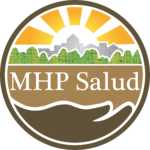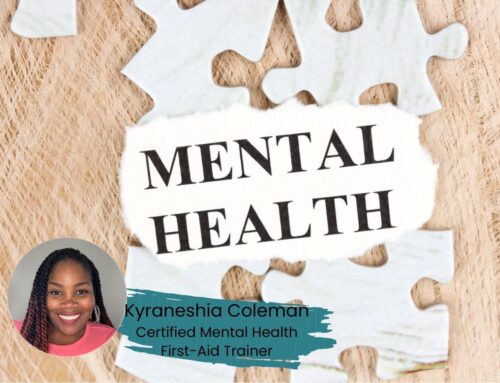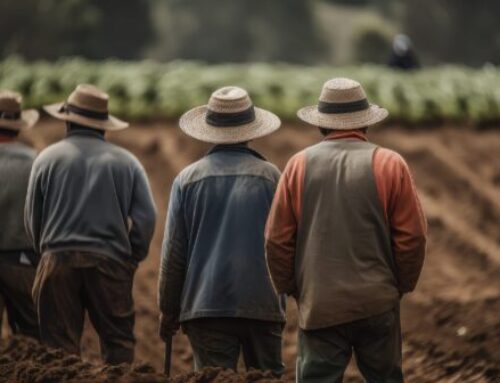Meeting the Health Needs of Island Residents
On some islands in the Pacific, there is an ongoing healthcare crisis that community health centers and workers are striving to address.
Health Challenges in the Pacific Islands
The Pacific Islands are comprised of thousands of islands scattered between the Philippines and Hawaii. While the islands boast friendly residents and beautiful landscapes, the area is faced with numerous health crises with serious consequences. In 2015, chronic diseases (those that are not infectious but rather have slow progression and long duration) accounted for over two-thirds of all deaths in the Pacific Islands. Chronic diseases account for about two-thirds of all deaths worldwide, and 80% of these deaths occur in low and middle income regions of the world. Ischemic heart disease, diabetes and cerebrovascular disease have been the most common causes of death there. Tragically, 70-75% of deaths in the Pacific Islands are considered premature, occurring before age 60. There is clearly a demonstrated need for high quality, cost-effective healthcare services.
Within the Pacific Islands lies The Federated States of Micronesia, a small collection of four islands, one of which is Kosrae. The island of Kosrae is composed of mountains, jungles and mangrove forests, is a little over 40 square miles.
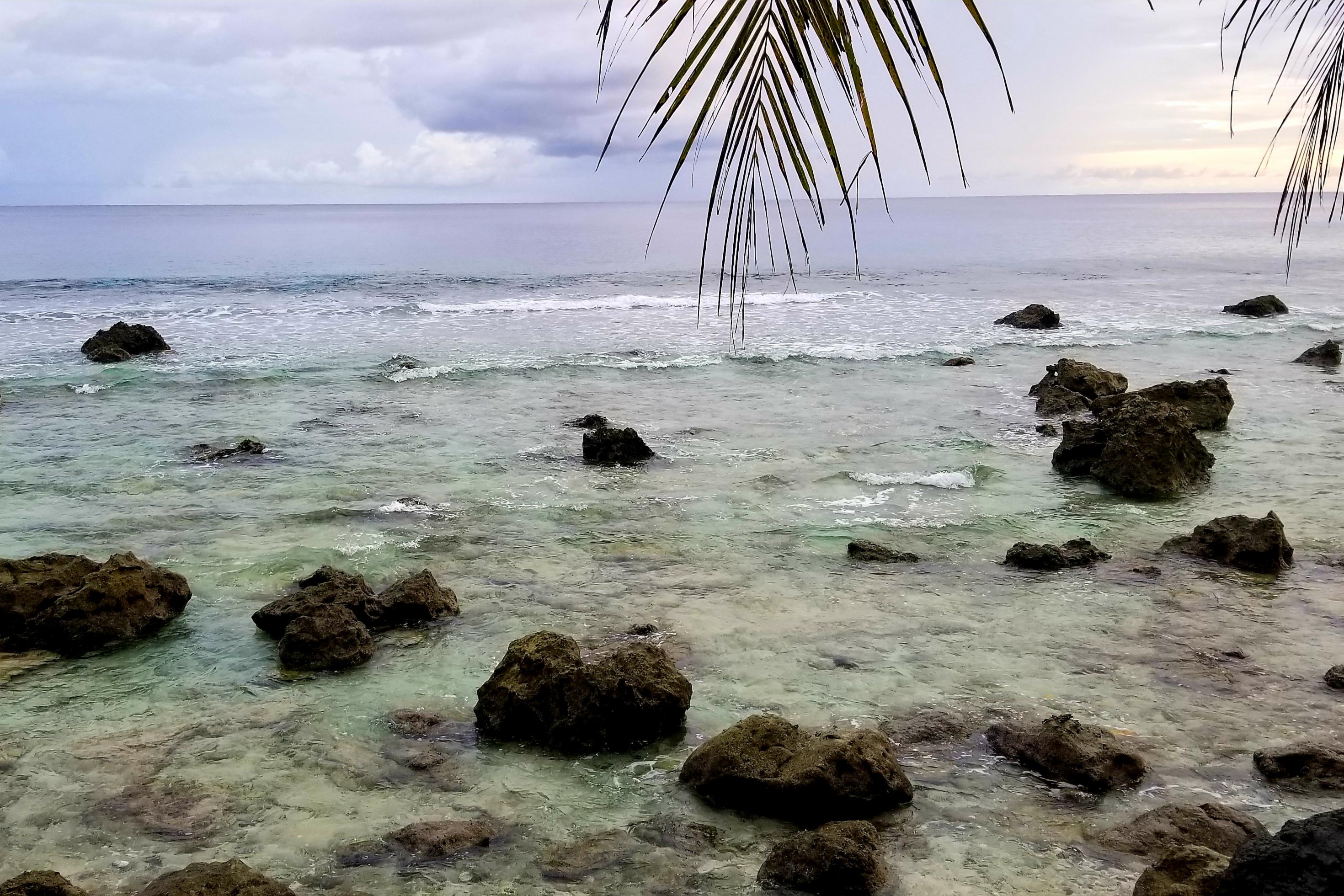
The beautiful shoreline of Kosrae

“Every community has a need. We all have the same health problems.”
Lifestyle and environmental factors in Kosrae have changed significantly in recent years and have had a profound influence on the alarming rise of chronic diseases. The situation in Kosrae is reflective of the health challenges commonly experienced by island nations with growing economies and increasing exposure to western culture. Over the past 50 years, the population of Kosrae has been highly influenced by the American diet. The island is heavily dependent on foreign imported food, which is often highly processed and contains large amounts of sodium. Additionally, occupations available on Kosrae have also changed over the years to support an increasingly sedentary lifestyle. As a result of these factors, the number of residents who have become overweight/obese and are physically inactive has skyrocketed. On Kosrae, approximately 22% of residents have been diagnosed with hypertension and 28% with diabetes. Environmental factors are largely out of resident’s control, and as a result, managing chronic disease, especially without support, is incredibly difficult.
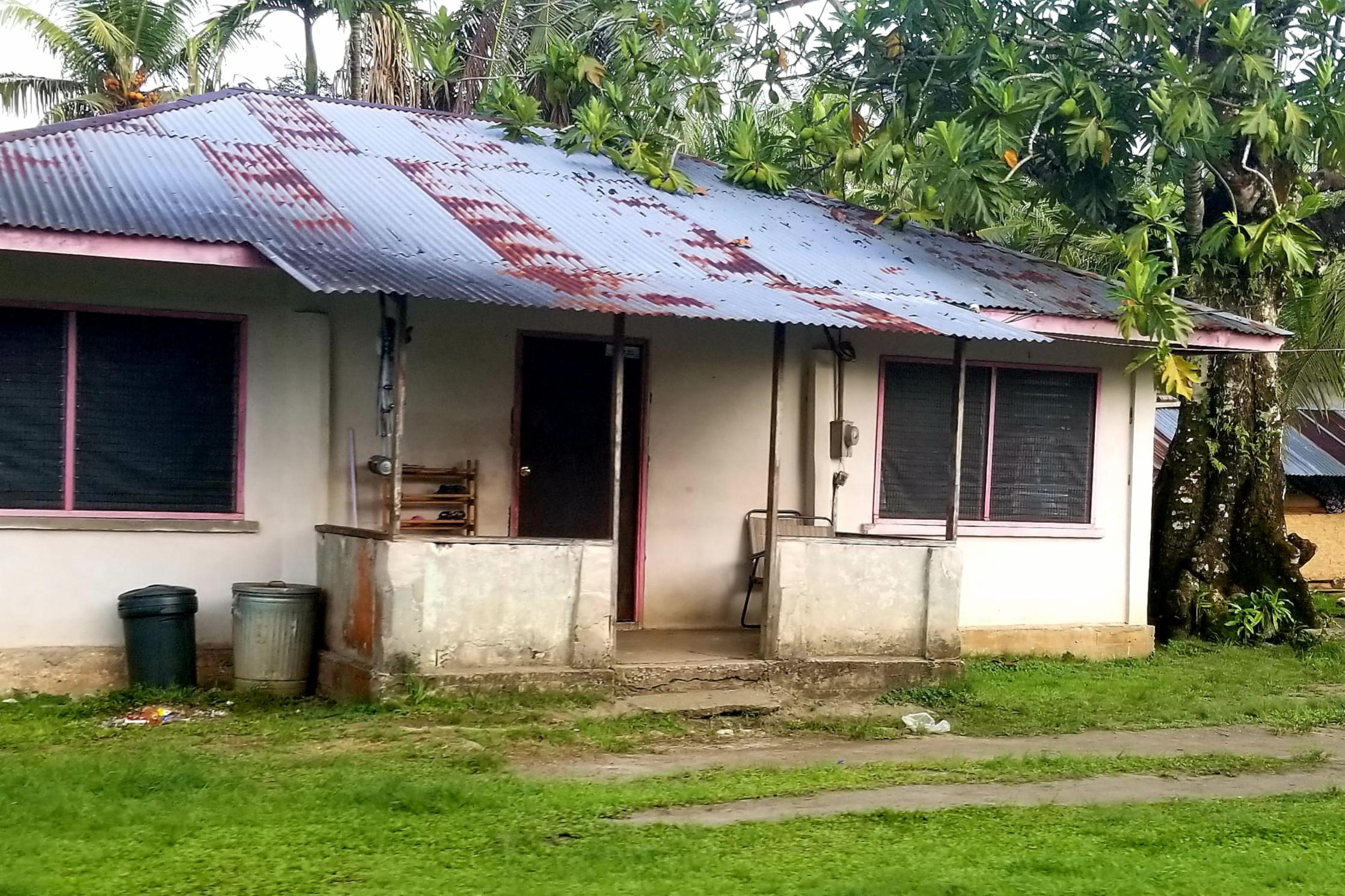
One structure located on the island
Supporting Local Efforts to Improve Health Outcomes in Micronesia
In August 2018, MHP Salud provided our first overseas training services in the Federated States of Micronesia. Program Director Jennifer Bishop traveled to the remote island of Kosrae to deliver L.E.A.D. (Listen, Empower, Advance, Deliver) Foundations training as well as training on program curricula for diabetes and hypertension.
As Jennifer traveled throughout the island, she noted the similarities between what she saw there and what she’d previously seen in colonias, unincorporated border towns on the U.S./ Mexico border:
“The housing in Kosrae reminded me of being in a colonia, but on a much larger scale. On the island, most of the food that was available were sweet fruits (e.g. mangoes, bananas) and rice. It was almost impossible finding fresh vegetables. Unfortunately, a diet like this can negatively impact blood sugar levels and worsen diabetes.”
Kosrae is designated as a medically underserved population, meaning that residents do not have access to adequate primary care services or dental services. The challenges that are experienced elsewhere throughout the Pacific Islands are especially noticeable here. According to the CDC, 1 in 3 people in Kosrae have diabetes; sadly, it is the leading cause of death for residents. Many people also have hypertension, or high blood pressure, which often occurs alongside diabetes, and can have serious health consequences if left untreated.
Jennifer provided training services to Kosrae Community Health Center (KCHC), which has three main sites on the island, each staffed with clinical personnel and a Community Health Worker. KCHC delivers incredibly important healthcare services to residents of Kosrae, providing the primary medical, dental and behavioral health services to 80% of the population. Jennifer led the interactive and engaging L.E.A.D. Community Health Worker foundations training to KCHC Community Health Workers, covering topics related to professional development, educating in the community, the impact of culture on health, and ethical responsibility and confidentiality. She also provided training on program curricula that address diabetes and hypertension.. This training provides the groundwork to develop effective programs that improve community health. MHP Salud provides training on these curricula to equip Community Health Workers and other clinical staff with the skills to effectively conduct outreach and educate within the community. Nearly 20 people attended the training in Kosrae; outreach workers, nurses, CHWs and case managers alike benefitted from the information. Now fully trained on program curriculums, and with a group of empowered Community Health Workers at the helm, KCHC staff are well-equipped to implement these programs in the future to benefit their communities.
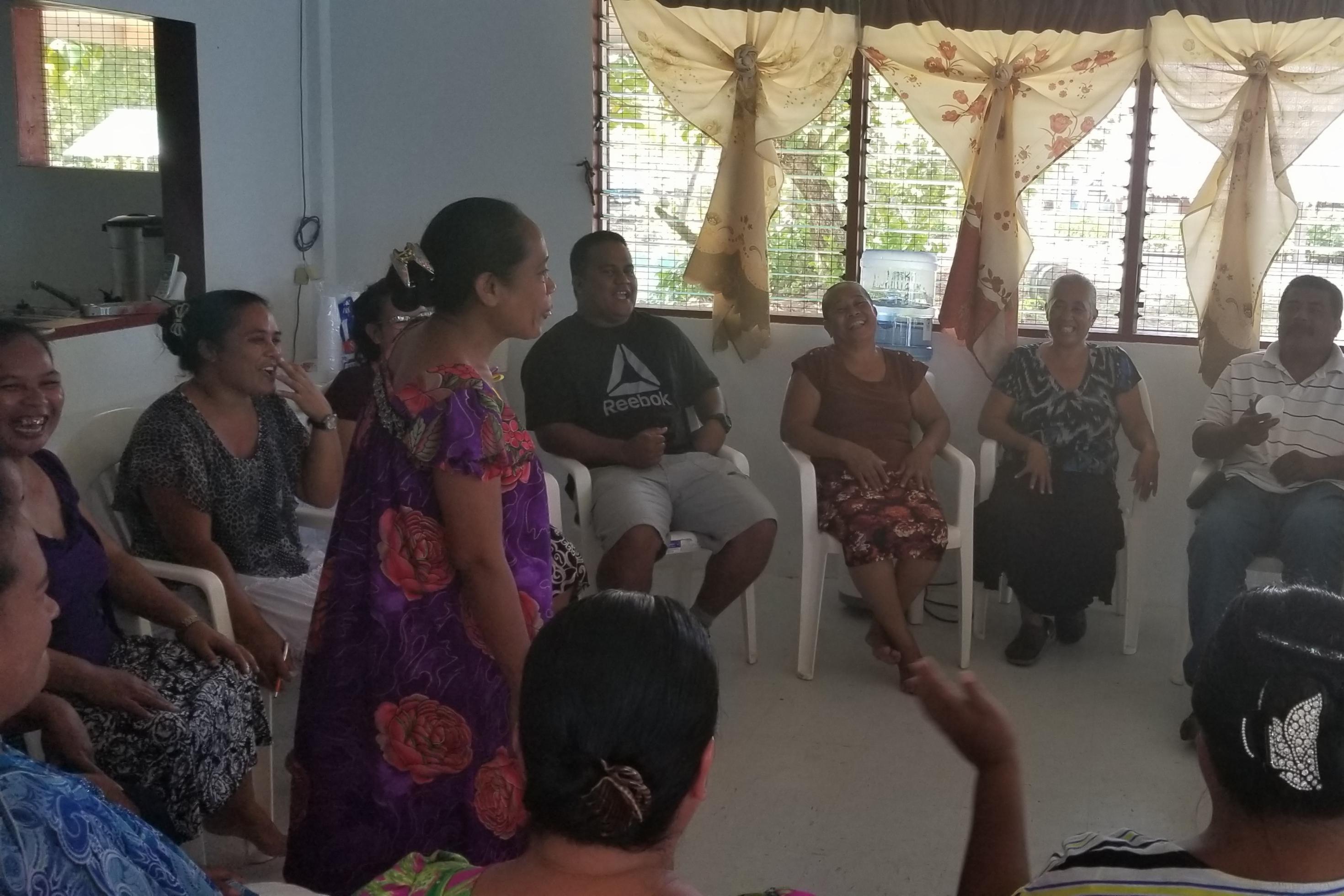
A glimpse into the training session activities
Training and Consulting
For over two decades, MHP Salud has provided training services to Federally Qualified Health Centers (FQHCs) and other organizations that utilize the Community Health Worker (CHW) model. Training and consulting services are appropriate for any organization that wishes to improve upon their existing CHW program, or for organizations that wish to create a new CHW program entirely.
“The entire training was terrific. The trainer really knew her material and was able to teach it in a way that was interesting, pertinent, and easily promoted full participation from the group. The material itself and the activities will be very useful in doing these sessions for the community members in the program. All my staff gave me positive feedback and they all have a much better understanding of what and how they will be able to implement [their program]…”
There is a wealth of evidence that Community Health Workers (CHWs) improve health conditions like asthma, hypertension, diabetes, cancer, immunizations, maternal and child health and HIV/AIDs. The Community Health Worker model is also cost-effective. In fact, recent analysis on MHP Salud’s CHW-led chronic disease program reported a return on investment (ROI) of $1.09 for every $1 spent. High quality training and comprehensive program design can make a Community Health Worker program a highly effective way to improve health outcomes.
About MHP Salud
MHP Salud has over thirty years of experience implementing CHW programs and training organizations looking to start and/or strengthen their own CHW programs. For more information about MHP Salud, our services, and how we can help you, please email us at info@mhpsalud.org

